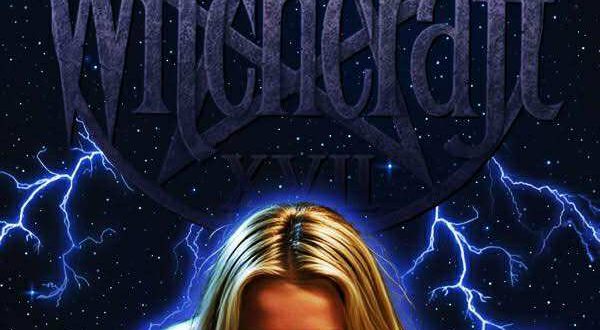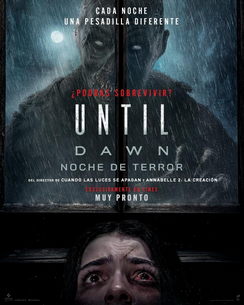
In yet another ill-planned publicity stunt by a democratic elected official, Chicago Mayor Lori Lightfoot — who did not step in to help Chicago Public Library workers during the pandemic — posted a photo of herself reading a copy of To Kill a Mockingbird in Houston’s Brazos Bookstore.
Behind her are several other books that have seen book challenges or outright bans in the last year, including Melissa (formerly George), Let’s Talk About Love, Go With the Flow, and more. Right-wing media seized this opportunity to call hypocrisy, much as they did when California’s Governor Newsom posed with a pile of banned books. Though he held Beloved, the media focused again on the carefully-placed copy of To Kill a Mockingbird, noting that Lee’s classic has been “banned” in several blue states.
Both publicity stunts did a good job once again confusing the public about the difference between a book ban and a curriculum update. While To Kill a Mockingbird has indeed been challenged and banned, the qualifier that it’s been banned in blue states is a conscious effort by right-wing banners to suggest that a book by a white woman about racism being replaced by books by Black authors who experience the true effects of racism is revoking free speech and freedom to read. As much as there is to dig into this willful misrepresentation, the real issue worth addressing here is how many public figures in speaking out against book bans refuse to engage with the issues of sex and gender (and indeed, race as well).
Among the most banned books in the past year are those which highlight sex, sexuality, and gender. PEN America’s report on book bans in US schools shows that queer characters and topics of sexuality are two of the biggest reasons a book is banned, falling right after books with protagonists of color. These categories, of course, overlap significantly, as seen through the books the American Library Association identified as the most challenged in 2021.
In Reading Color Newsletter
A weekly newsletter focusing on literature by and about people of color!
Thank you for signing up! Keep an eye on your inbox.
By signing up you agree to our terms of use 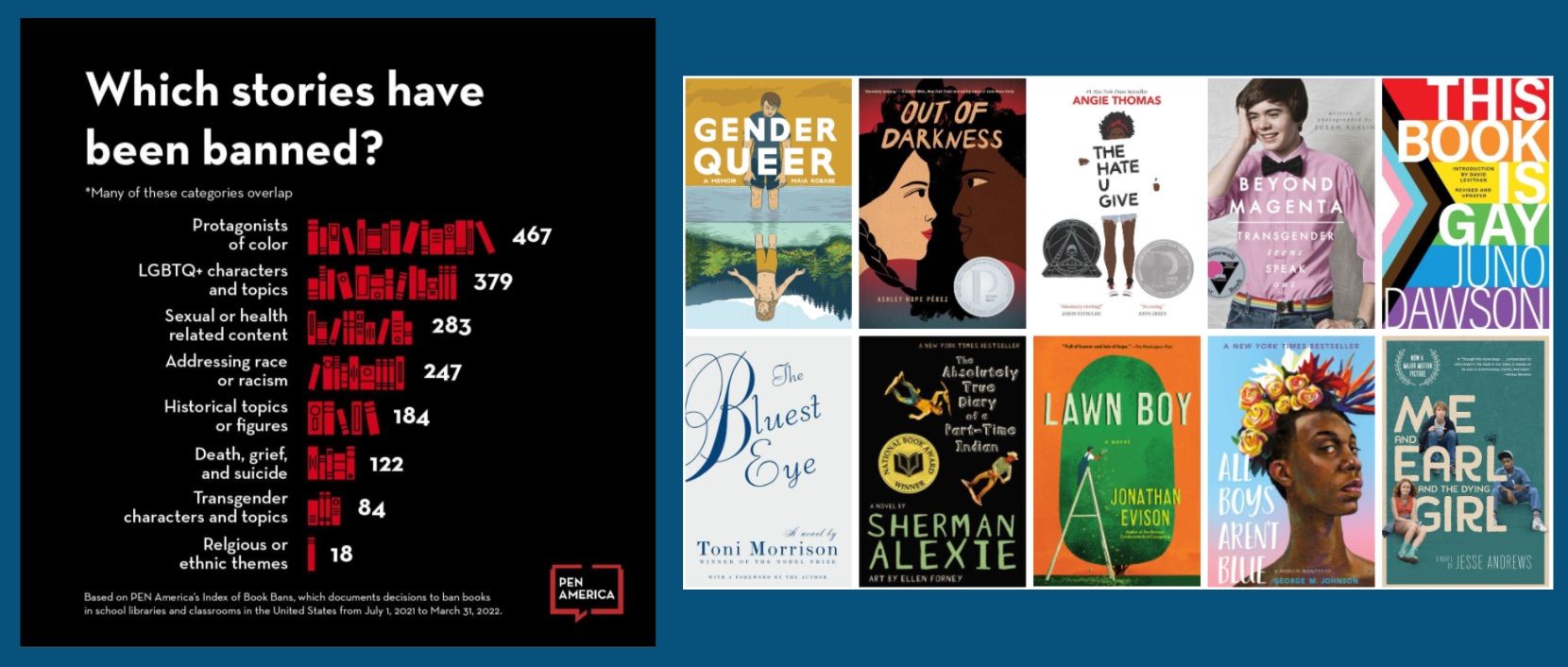
It is far too easy and clean to highlight the importance of “classics” like To Kill a Mockingbird in your advocacy, whether you’re a public official or not. It’s hard for the average person, who likely read the book in their own school years, to not be outraged about a beloved book being pulled, whether or not Lee’s book is actually the target of book bans.
Moreover, by focusing on a classic like Lee’s, we’re avoiding having vital and life-saving conversations about sex and sexuality. In an era where entire states seek to erase the human experience through legislation like “Don’t Say Gay” in Florida and where educators and students are told that their rights don’t exist and their jobs are on the line for simply being who they are, ignoring sex, sexuality, and gender is a major oversight.
Because it’s not just “Critical Race Theory” and “Social Emotional Learning” that the right sees as the enemy. Comprehensive Sex Education (CSL) is the third in their triangle of targets. By pushing for the continued removal of comprehensive sex education in schools — which has led to the uptick of books like It’s Perfectly Normal being splashed across censorship groups with images of an individual with a mirror looking at her vulva and anus as she seeks to understand all of the parts of her biological body — the thought is there will be no discussions of sex, gender, or sexuality anywhere but in the home. This means an education that not only may have an agenda but may be factually incorrect, damaging, and create life-long harm and fear around pleasure.
CSL is the scientifically-backed alternative to combating issues that emerge with abstinence-only education. CSL has been linked to reductions in sexual activity, risky sexual activities, sexually transmitted infections, and adolescent pregnancy (this information is from the American College of Obstetrics and Gynecology, an authority on sexual behavior and health, among other things). Three decades of research, when analyzed by professionals in the Journal of Adolescent Health, show CSL and its focus on a broad range of sexual and gender related education had major benefits for adolescents and that it should be broadly adapted in educational systems.
“Grooming” has been the word du jour from the right. Groups like Moms For Liberty find passages in titles like Gender Queer and pull them out of context in order to prove their ill-founded theories that public education is indoctrinating children. In the top 10 books challenged in 2021, Gender Queer was named because of a couple of brief moments where there is a dream sequence by a legal adult wherein Maia fantasizes about their first experience having queer sex. It is developmentally appropriate and it is representative of what queer individuals can experience the first time they dare allow themselves to think with desire — something that is chemically created and controlled in our bodies and brains.
In Out of Darkness, there is an anal sex scene. This scene isn’t about pleasure. It’s about how the main character, a Mexican American, is reduced to objectification. It is embedded in the story’s setting, its time frame, and its understanding of how brown bodies are seen as tools to be used by an oppressor. This happened. This happens.
Beloved? A depiction of brutal rape.
Both Out of Darkness and Beloved describe sexual crimes, both of which go uncharged in the text because they happen to marginalized bodies. Crimes that, were they to happen to white bodies, would be seen differently by these right-wing groups (debatably, of course — if these crimes were done by Nice White Boys With Futures On The Line, they’d likely still be challenged).
Beyond Magenta and This Book Is Gay celebrate queer identities and allow queer voices to be seen and heard. They speak to the fact gender and sexuality are complex and are life-long processes of understanding and breaking apart socially-created norms and structures. The self-same structures, of course, that right-wing censors seek to uphold through legislation based on selective reading of the Bible.
Lawn Boy? Sex happens in the book between two kids and it happens to a young boy who grows up thinking about what that experience meant for his sense of self through adolescence and early adulthood. The main character is working class and this sexual encounter at age 10 impacts the way he looks at and approaches the world, much as it would any individual with similar life stories.
All Boys Aren’t Blue? Sex, gender, and sexuality. Johnson’s memoir — his true, lived experiences — includes discussion of sexual assault, explored further in the author’s followup memoir…..which, interestingly, has not seen the same assault by censors.
Lee’s book about a white savior offers none of the above. There’s no author of color, and there’s certainly not sex, sexuality, or gender to discuss. While the trail in the book is about rape, there is zero depiction of the realities of rape in the book. It is easier to accept rape conceptually as “bad,” but books that put it on the page and explore the long-lasting impact of an unwanted sex act, particularly as it relates to dehumanizing a non-cis, straight, white body, show why it’s bad.
We need to be talking about the sex parts and the gender parts of the books being challenged. Those with the platforms to do good work against book bannings need to be versed not just in the easy-to-reach-for classics but the harder books. The books that hold up a mirror and a window to readers in today’s society. The books that, for young readers, offer insight into who they are and what the world around them really looks like. You can ban discussions of LGBTQ people in the classroom but that doesn’t stop LGBTQ individuals from being inside those same rooms. It simply puts yet another barrier into their lives.
American culture is a prude culture. We’re afraid to talk about the messy and complex stuff. We refuse to engage with accurate terminology for human anatomy and human chemistry. It is much easier to accept violence on a mass scale as just the cost of being a person in the US than it is to accept that a child might be queer and deserves to read about people like them. That indeed, they may see a picture of sex between two individuals with the same body parts depicted in a book meant to be for sexual education — yet somehow, it’s perceived as okay to lie to children about “the stork” bringing “a baby,” rather than explain that a baby is created when an egg and a sperm meet.
Until more people are willing to talk about the sex stuff, we’re not going to be moving this conversation forward. We’ll continue to cling to puritanical ideals and fail to put an end to book bans and intellectual freedom.
Especially if when a leader does highlight a book with sex in it, they’re suddenly disappeared from their job for weeks.
For more ways to take action against censorship, use this toolkit for how to fight book bans and challenges, as well as this guide to identifying fake news. Then learn how and why you may want to use FOIA to uncover book challenges.
Book Censorship News: May 20, 2022
- In Sarasota, Florida, schools, after a parent read some scenes from a book, the district decided to make The Bluest Eye and Sold accessible via parental permission only. Still censorship. Parents read a rape scene as a means of being warriors for their rights.
- 56 books were challenged in St. Johns County, Florida.
- In Guilford County, South Carolina, parents complained about Salvage the Bones being used in an AP English class for 12th graders. They riled up their base by sending text messages encouraging them to show up to the board meeting to complain. One of the parents is convinced that the reason the meeting about the book’s fate — held the day of the writing of this — was to buy time and not, you know, because teachers had to do their jobs.
- This is a big story that has to be unpacked further, but in Citrus County Public Libraries (FL), members of the SPLC-designated hate group MassResistance have waged a war on the library board, attempting to fill it with conservatives.
- Fun Home and All Boys Aren’t Blue are banned in Nixa schools (MO). Homegoing is now under restrictions for use as well.
- In The Time of Butterflies will remain in use in Milford High School (OH).
- “At last November’s board meeting, a man who gave what is now believed to be a fake name and address read a line from “Me and Earl and the Dying Girl,” which explicitly mentions performing oral sex on a female.” The book was challenged in November by someone who faked a name and identity as a parent in the district. It’s been rechallenged. (Elizabethtown, PA).
- Students showed up to the Rapid City Area School board meeting about the books that never made it to their hands and were almost silently destroyed.
- This one hits close to home, as this is the district I started my librarian career in (in the public library). Harlem School District (Machesney Park, IL) just banned Gender Queer.
- “A man who has called Lyons Township High School board members “worse than pedophiles” and “bobbleheads” has been banned from the school’s North and South campuses.” This is in LaGrange, IL — a Chicago suburb — and they did not remove Queer, There, and Everywhere from shelves. They did remove this individual, though.
- A similar situation happened in Northampton, Pennsylvania, where the partner of a school board member has been banned from meetings.
- 2 of 24 books challenged in Catawba County (NC) schools have been discussed. The Perks of Being a Wallflower will not remain in middle schools but will be evaluated for high schools and The Kite Runner will remain in the schools.
- Three books are being evaluated in Dubuque, Iowa, schools for their continued use in classrooms. All three are older classics, and there is no update on what books may replace them. This is an example of waiting to discover if this is a curriculum update or censorship — the news brief does not provide enough information, but instead does the disservice of creating false information to spread.
- “Brooke Kruckenberg and Deb Hesson presented requests to the Vinton Public Library in both March and April, respectively. The two asked that the library consider the books that are made into displays and also requested publication of the upcoming books that would be used in the weekly Storytime.” Is it not embarrassing to folks to be known for trying to ban book displays or books used in storytime? This is also out of Iowa.
- Shawnee Heights (KS) schools will keep The Hate U Give, Not My Idea, All Boys Aren’t Blue, Beyond the Gender Binary, and Gender Queer on shelves.
- The School Board Project, Round One: Book Censorship News, May 13, 2022
- How to Update Your Book Challenge Forms (with Template): Book Censorship News, May 6, 2022
- How One District Is Pushing Back Against Book Banning: Book Censorship News, April 22, 2022
- What Do School Boards Do?: This Week’s Book Censorship News, April 15, 2022
- No Actions Offered to Librarians to Help With Book Bans From National Org: Book Censorship News, April 8, 2022
- Technology for Parent Monitoring of Student Library Use is Being Developed by Follett: This Week’s Book Censorship News, April 1, 2022
- The Censorship Story I Can’t Tell You: This Week’s Book Censorship News, March 25, 2022
- What Are Obscenity Laws?: Book Censorship News, March 18, 2022
- Why Didn’t The New York State Education Department Defend Its State Librarian?: This Week’s Book Censorship News, March 11, 2022




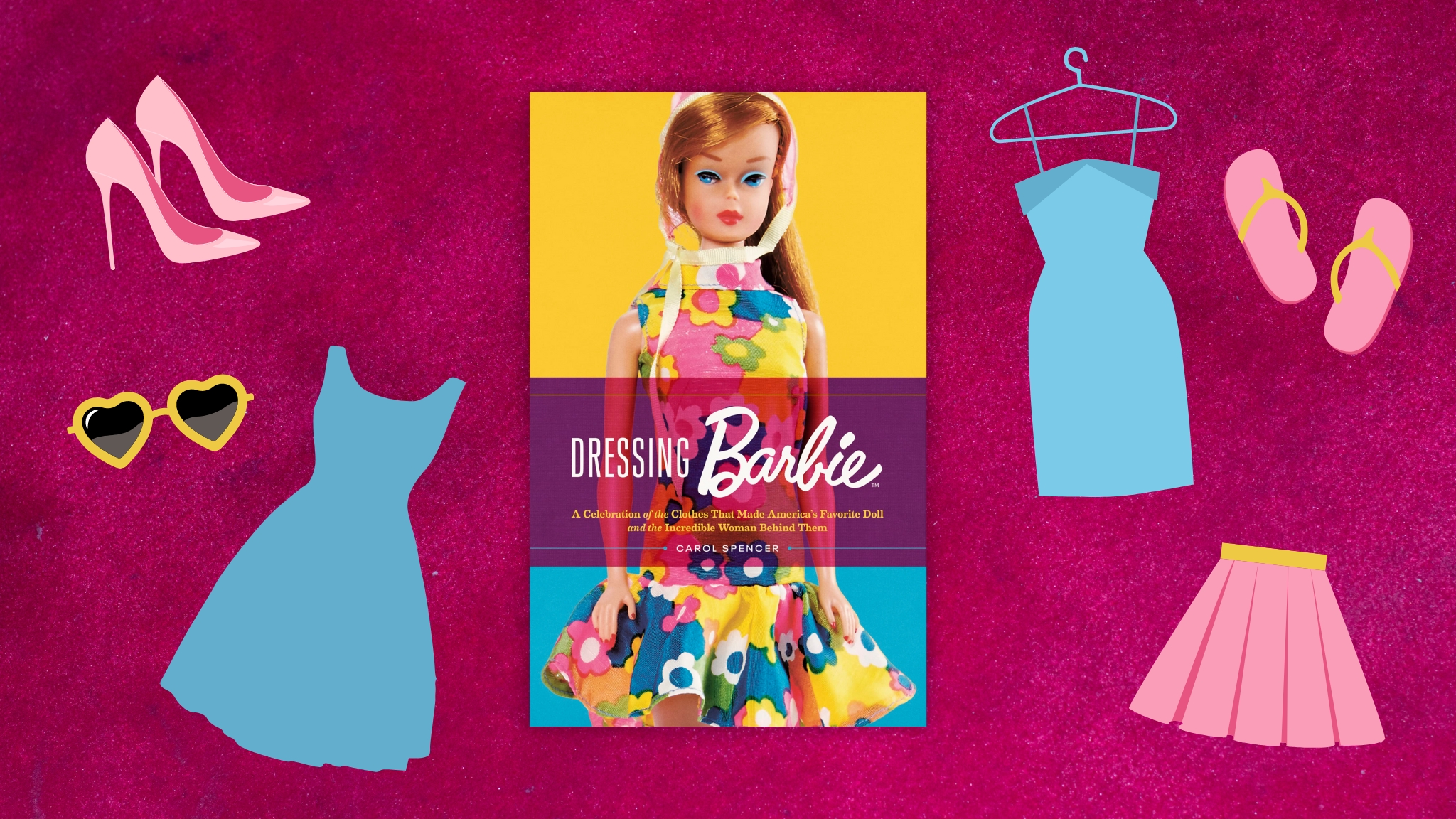
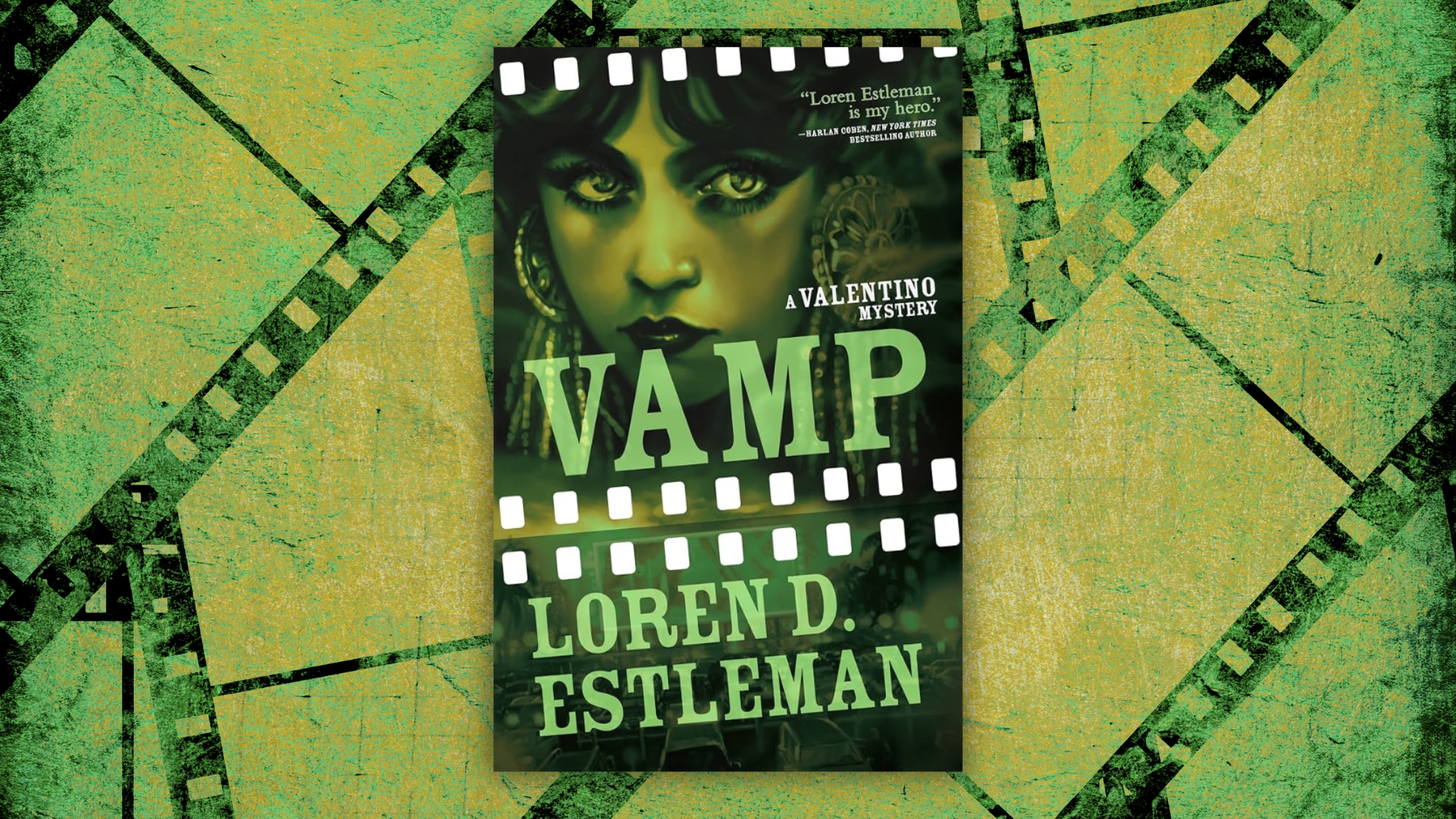

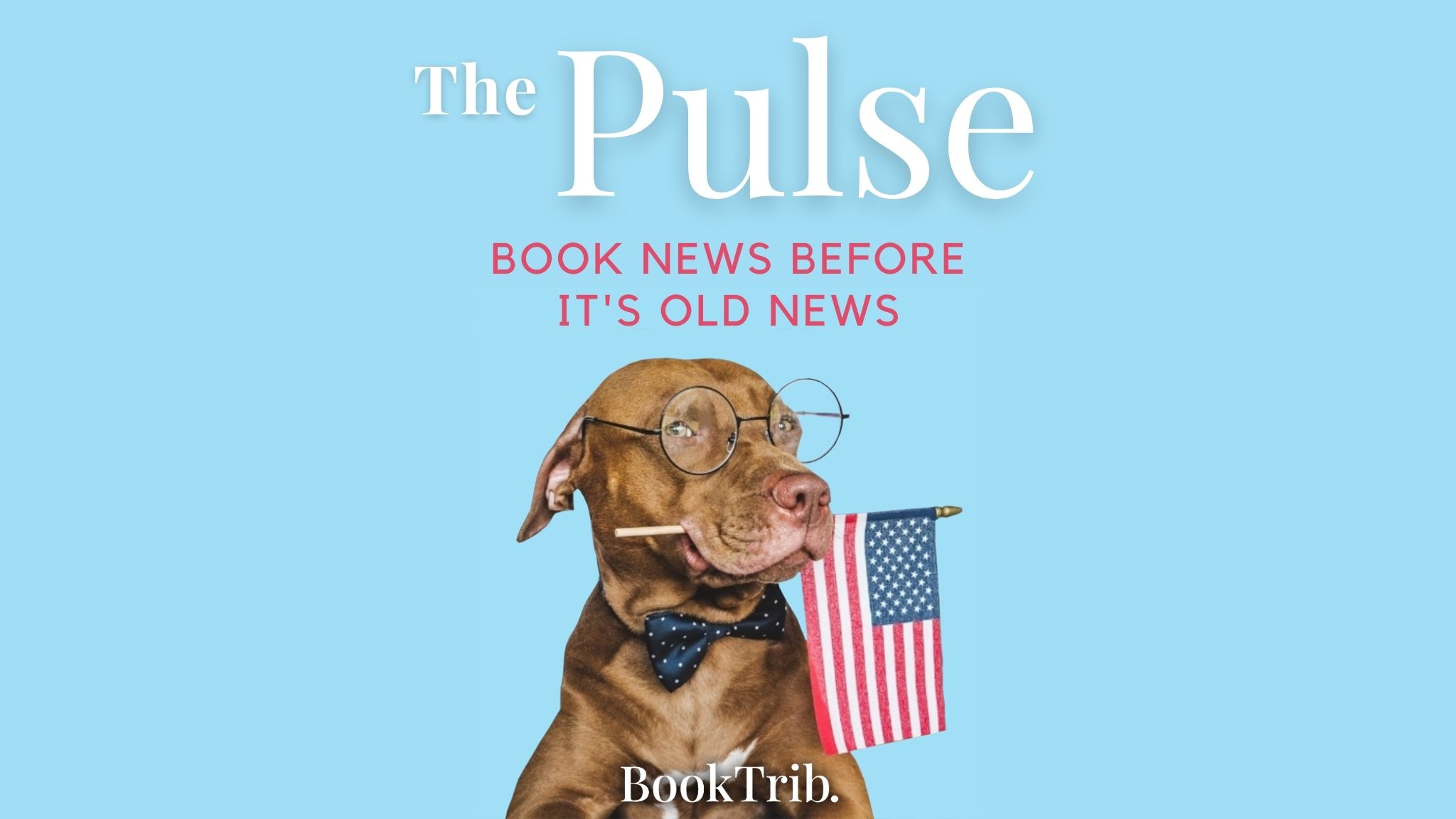








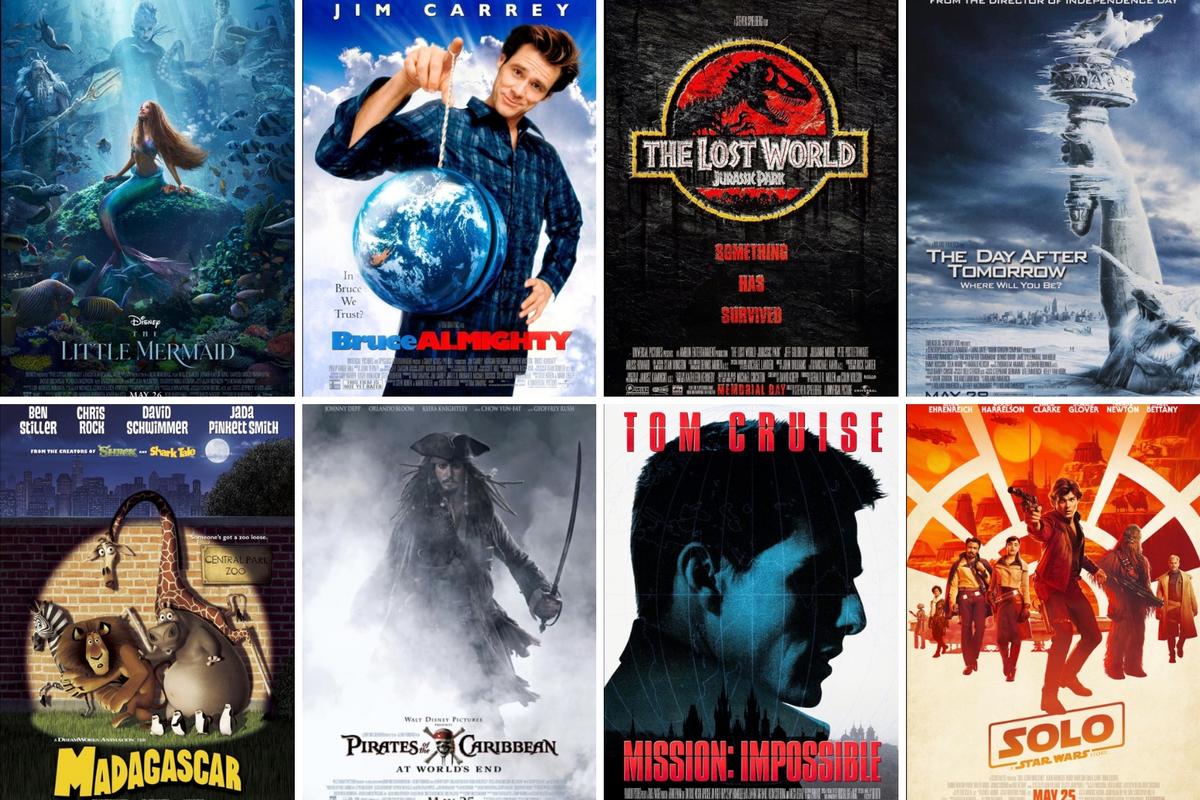
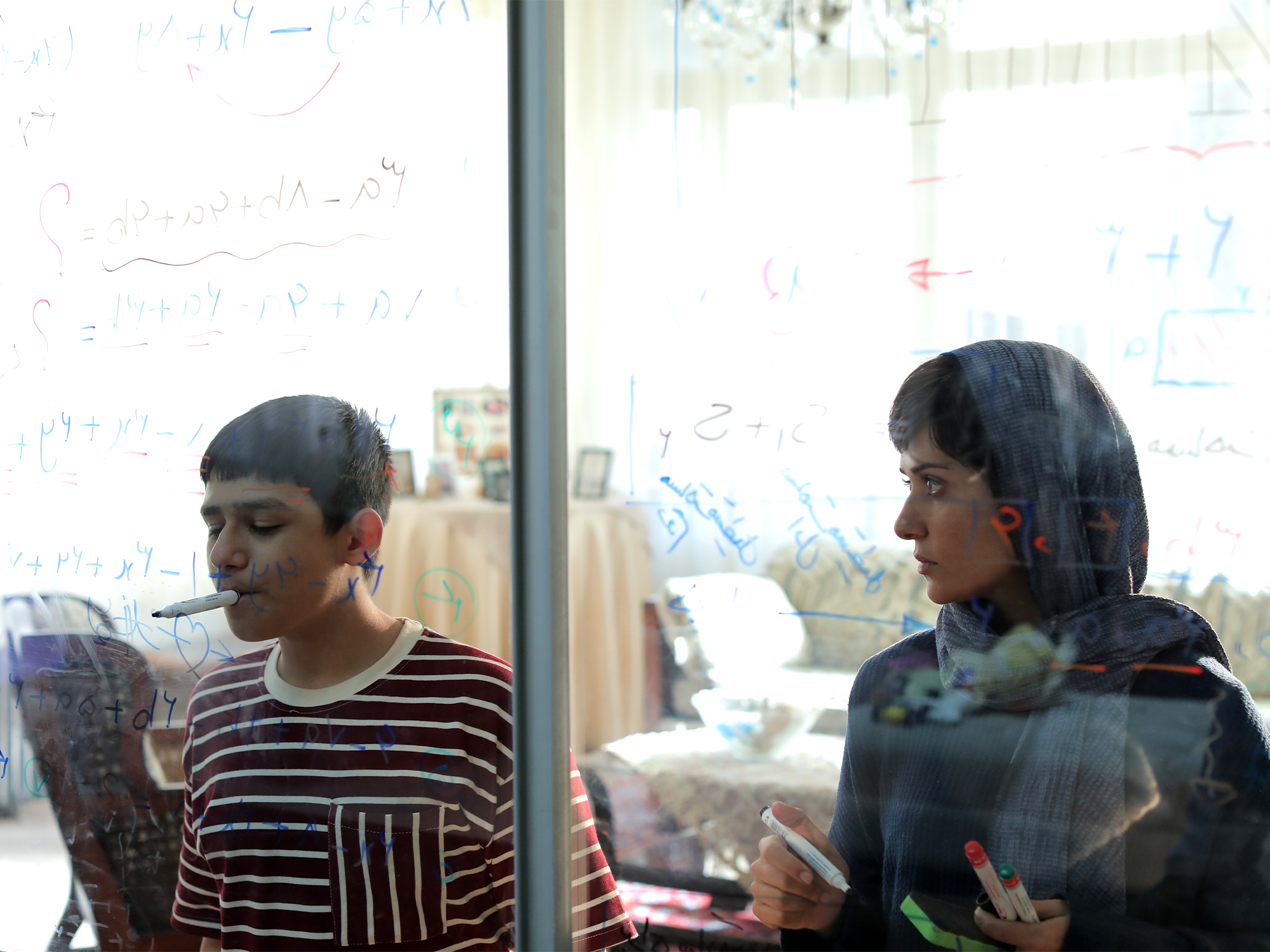


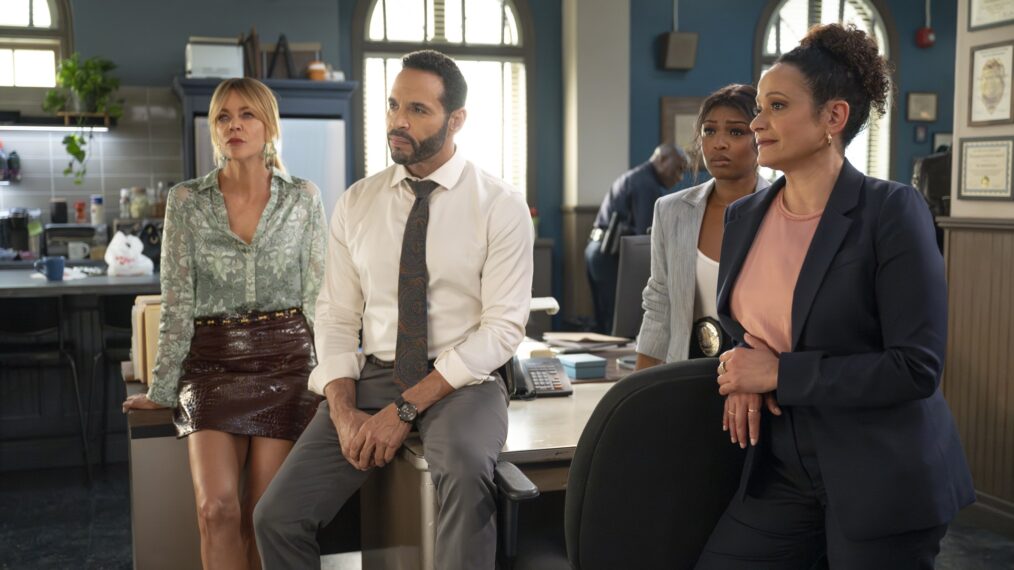
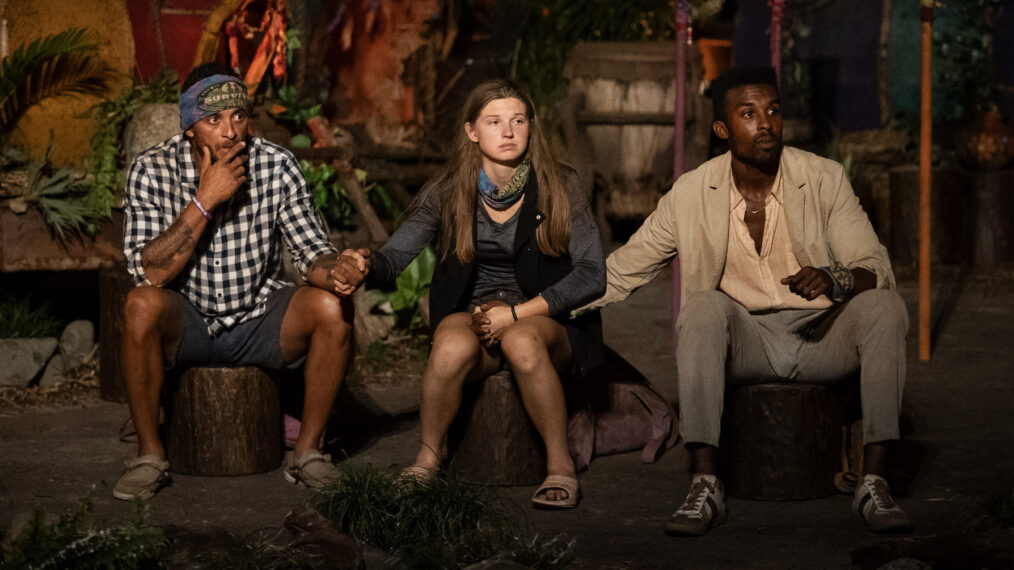


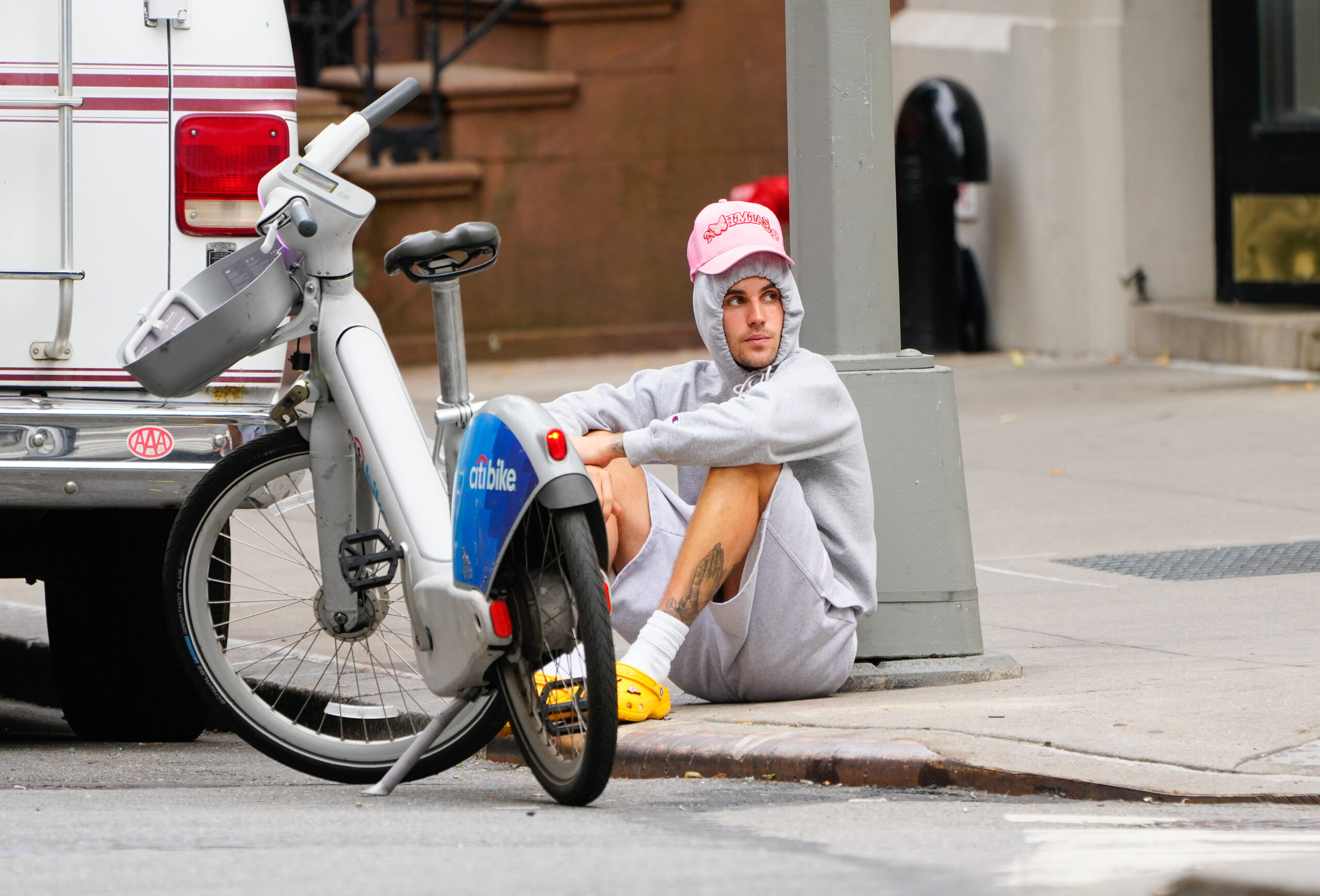

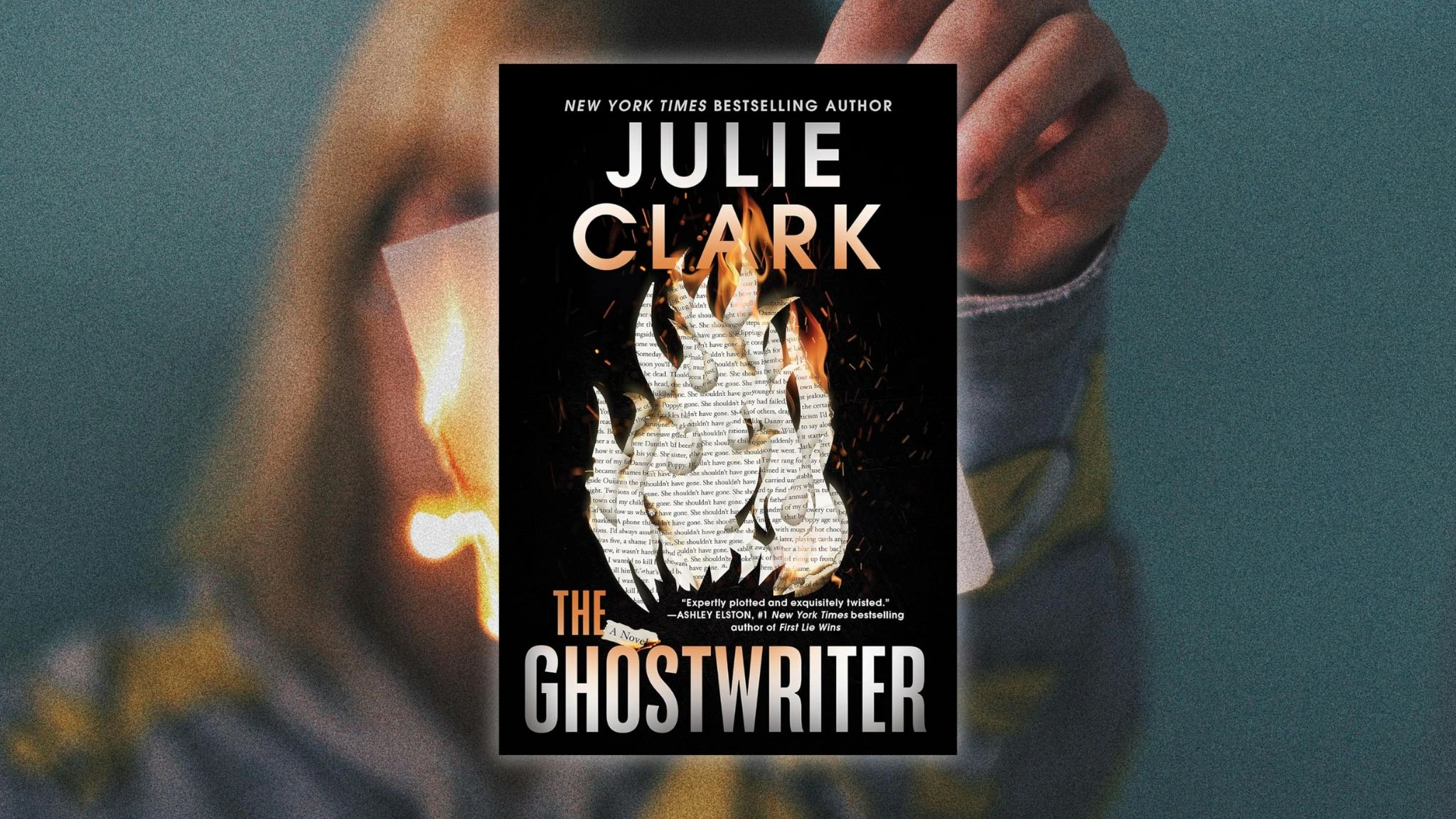
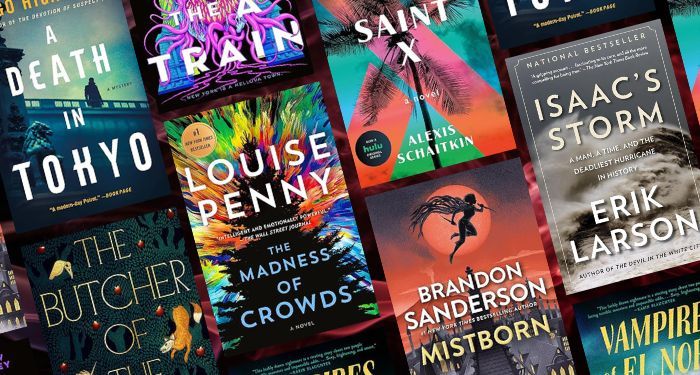
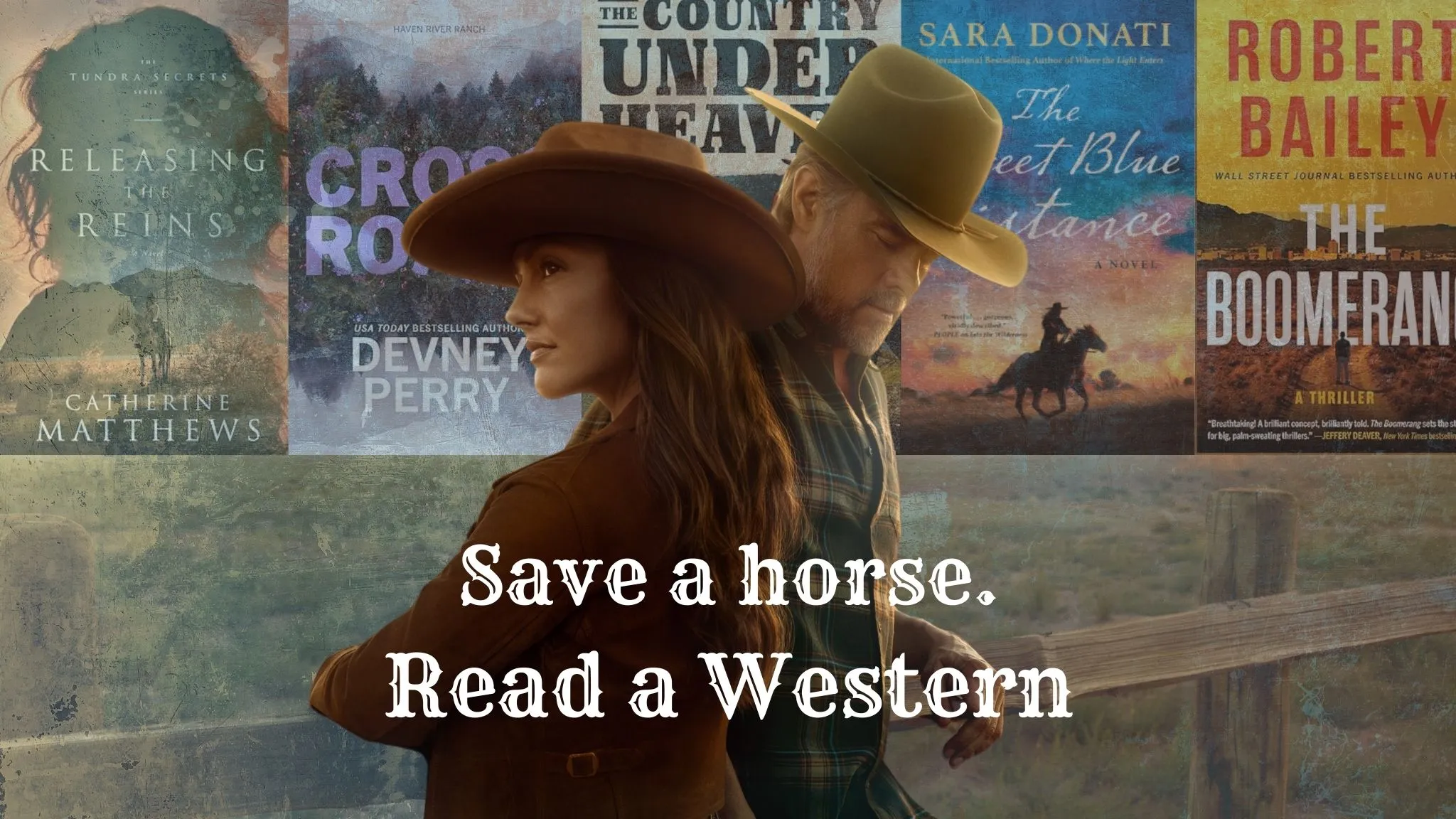
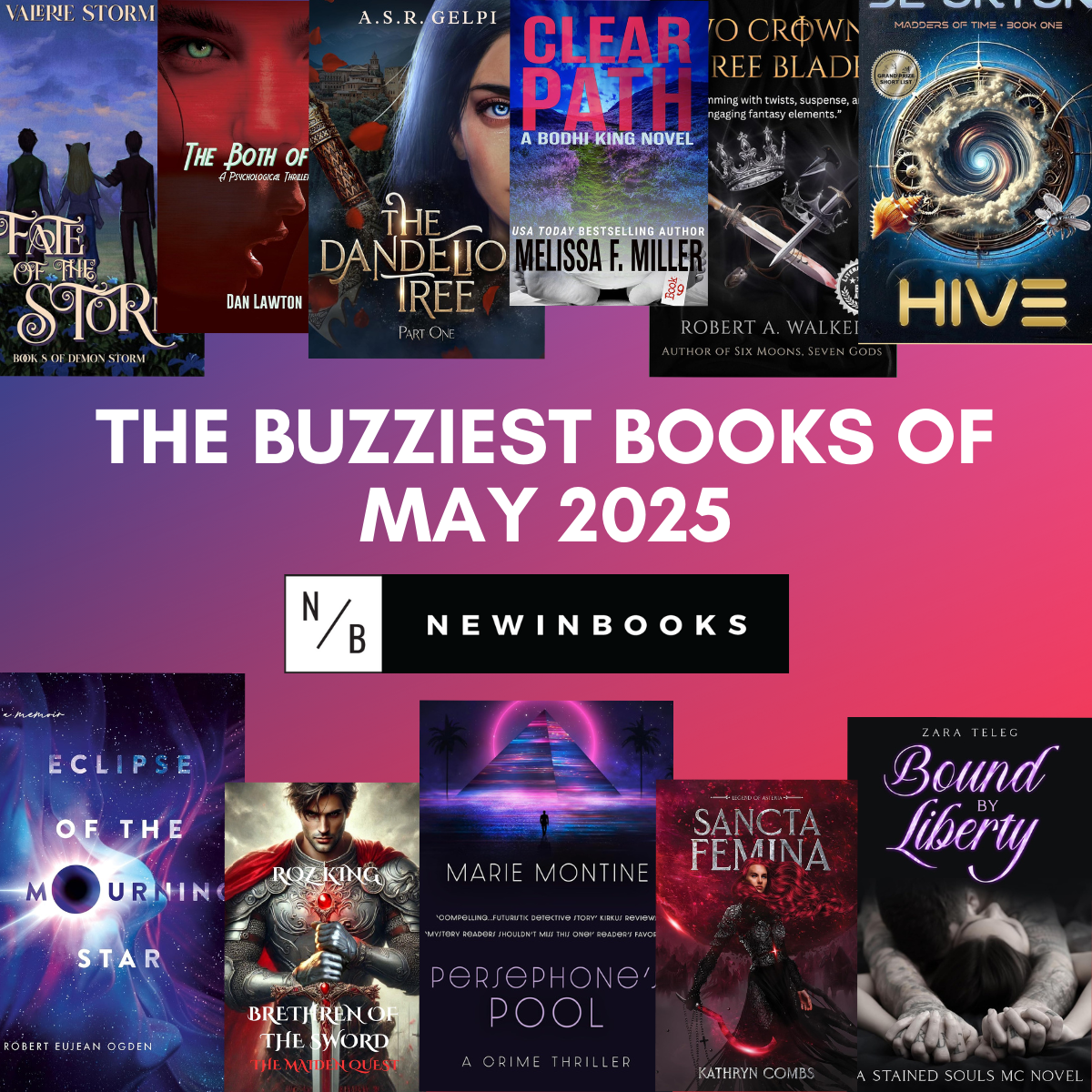
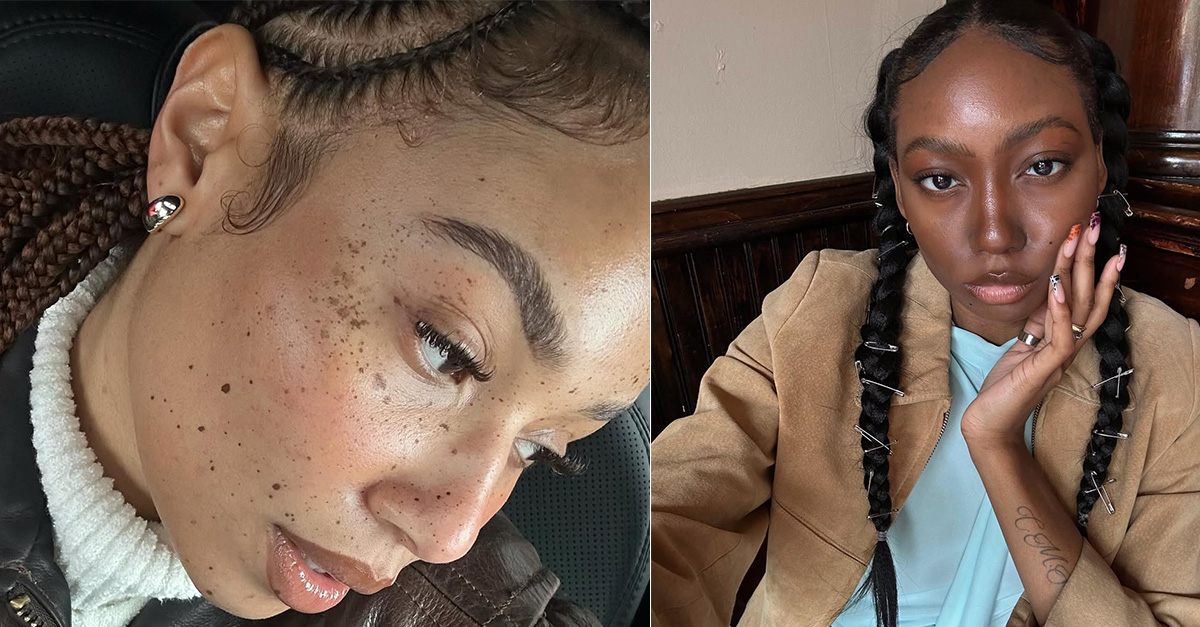
:quality(85):upscale()/2025/05/19/981/n/1922564/93076eb0682bb18c994e06.89379902_.png)

:quality(85):upscale()/2025/05/23/715/n/1922564/1e63d6e168309df259d956.72331408_.png)
